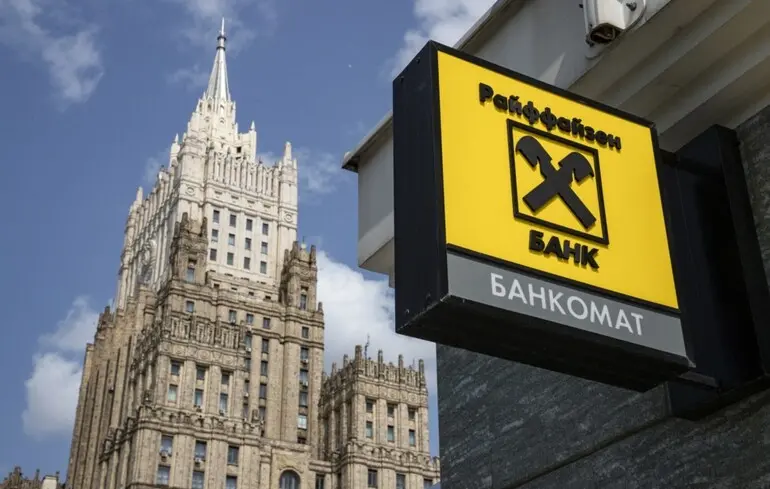Kremlin Continues Blocking Raiffeisenbank Sale in Russia – Persistent Obstacles for the International Banking Sector

The threat of losing control over a major asset and restrictions on international transactions remain the primary reasons for the halt in the sale of Raiffeisenbank in Russia.
Austrian financial group Raiffeisen Bank International (RBI), which had previously announced plans to sell its Russian division, is currently under the impression that the situation is progressing, but in reality, the sale faces serious barriers.
According to Reuters sources, Moscow’s official stance is that any finalization of foreign bank sales can only occur with approval from federal authorities, which, as of now, has been withheld.
The Kremlin insists on maintaining channels for international payments, notably for gas transit through the TurkStream pipeline, making any sale essentially impossible to realize.
For RBI, this bank remains the most profitable asset in Russia, and many analysts doubt the company’s genuine interest in selling its subsidiary, despite ongoing criticism from Western media, which accuse the bank of ‘profiting from bloodshed.’ Additionally, approximately €7 billion of profit for RBI has become trapped within Russian accounts, further complicating their willingness to withdraw from the market.
Despite strict sanctions, Raiffeisen Bank continues to operate as the largest un-sanctioned bank in Russia, which attracts considerable criticism from Western authorities.
Meanwhile, in Moscow, discussions about potential sale agreements have taken place, with RBI CEO Johann Strobl visiting the capital to explore options.
The bank remains the only entity facilitating money transfers between Europe and Russia, especially for payments related to gas supplies via TurkStream.
Sources indicate that in the first eight months of 2025, European gas imports surpassed $3.8 billion, and any sale of the bank might trigger new sanctions.
Russian officials fear that a sale to a local owner could lead to additional restrictive measures, further hampering currency transactions and gas trade operations.

